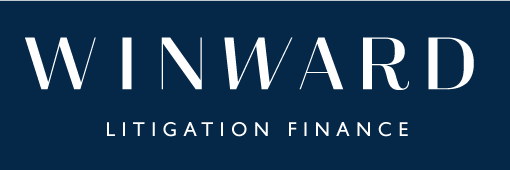Sign up with your email address to receive analysis of the recent litigation funding cases and cases that are relevant to the practice of dispute resolution finance.
Hunt v Ubhi [2023] EWCA Civ 417
In supporting an office holder, a litigation funder fulfils a key role of enabling litigation to be commenced in circumstances where that litigation may not otherwise have been pursued. However, seeking an injunction as part of an intended claim is not without risk. The Court of Appeal has confirmed that a cross undertaking in damages is required – and the default position is that it should be unlimited in scope.
The ECU Group Plc v HSBC Bank Plc & Ors [2022] EWHC 1616
This is another example of a case where the litigant became the litigation funder. Here, the funder, Therium, appeared in an attempt to head off an application that it pay the costs of the successful defendant on the indemnity basis and that it top up the payment on account that was supposed to have been paid by the claimant.
Tenke Fungurume Mining SA v Katanga Contracting Services SAS [2021] EWHC 3301
The short point in this case that is of interest to litigation funding is the revisting of the principles involved in awarding funding costs in arbitration proceedings.
Philip Warren & Son Ltd v Lidl Great Britain Ltd & Ors [2021] EWHC 2372
This case concerned the costs consequences of a claim, financed via DBA and ATE arrangements, being unsuccessful and yet being litigated in such a way as to cause the defendant to incur unnecessary legal cost.
Chapelgate Credit Opportunity Master Fund Ltd v Money & Ors [2020] EWCA Civ 246
The nightmare scenario for a litigation funder is that the funder itself ends up in litigation, and the original claimant is nowhere to be seen.
Ingenious Litigation, Re [2020] EWHC 235
This complex hearing involved 6 leading counsel which highlights the costs that were being run up. The claimants sought a cost-sharing order, whilst the defendants sought security for costs.
Kazakhstan Kagazy Plc & Ors v Zhunus & Ors [2019] EWHC 2630
The claimants had in this case successfully established a very substantial fraud claim. As well as a $300m judgment, there was an £8m interim payment ordered on account of costs. Nothing had been paid. This time it was the turn of the successful claimants to seek a non-party costs order, using the same Court rules that normally are used against the funders.
Davey v Money & Anor [2019] EWHC 997
As had been expected for a number of years, a full-blown challenge was always going to be made to the Arkin cap. This case presented the golden opportunity since it was a case where the defendants, professional office-holders, were successful in defending substantial claims brought against them by Ms Davey who had been funded in her litigation.
Progas Energy Ltd v The Islamic Republic of Pakistan (Rev 1) [2018] EWHC 209
The underlying arbitration between Progas and Pakistan was conducted under the UNICTRAL rules. The tribunal issued an award finding against the claimants on causation grounds. It also found against the claimant on numerous other grounds as well. Costs were awarded in the defendant’s favour in the amount of c £8m. The claimant then alleged s68 serious irregularity and issued fresh proceedings in the English Court. The defendant sought security for costs of the s68 proceedings and an order that monies should be paid into Court in respect of the costs of the arbitration.
